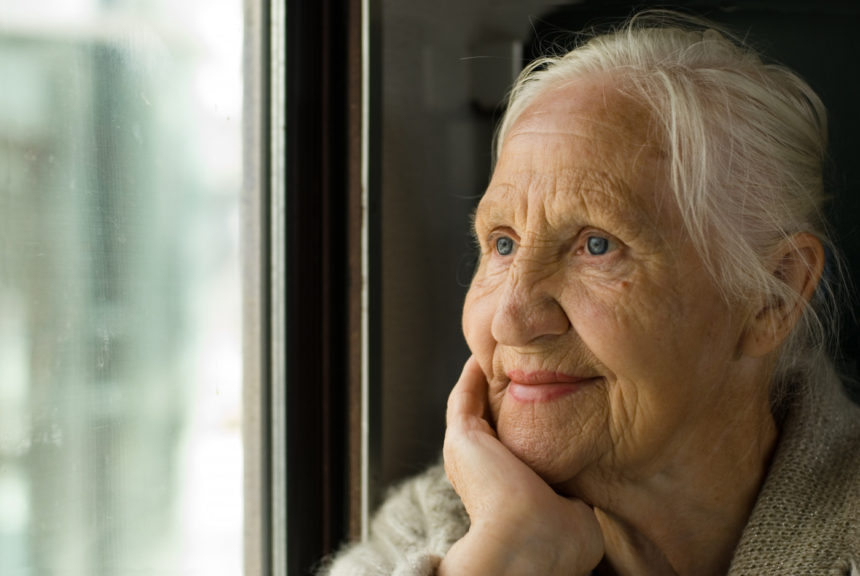This post was originally published on this site
According to a new study comparing older and younger sarcoidosis patients, elderly people with sarcoidosis tend to have more severe disease and worse clinical outcomes.
The study, “Elderly sarcoidosis: A comparative study from a 42-year single-centre experience,” was published in the journal Respiratory Medicine.
Sarcoidosis usually presents in people between the ages of 30 and 60, being relatively rare in seniors. But there is not much data available on the presentation and progression of sarcoidosis with respect to patient age.
In the study, researchers took data from 42 years of sarcoidosis diagnoses and treatments at Bellvitge University Hospital in Barcelona, Spain. The data included 668 people diagnosed with sarcoidosis; follow-up data was available for 615 of these.
Data were divided into an elderly group and a younger group based on patient age at the time of diagnosis. The elderly group included 47 people (7% of the total) who were at least 65 years old when they were diagnosed; the younger group was the remainder of the patients, who were younger than 65 at diagnosis. Researchers looked for differences between the two groups.
Both groups had similar frequencies of the different types of sarcoidosis, with the exception of Löfgren syndrome, which was significantly more common in the younger group (42.2% vs. 8.5% in the elderly group).
People in the elderly group were significantly more likely to present with lung involvement, including shortness of breath (dyspnea; 38.3% vs. 23.8%), and reduced forced vital capacity (a measurement of lung strength; 40% vs. 14.5%).
Elderly people were also significantly more likely to have isolated sarcoidosis outside the lungs (21.3% vs. 8.2%), and to have nodules under their skin (17% vs. 3.4%). Interestingly, though, people in the younger group were significantly more likely to have joint involvement, such as arthritis (38.5% vs 10.6% in the elderly group).
There were no significant differences between the two groups in terms of treatment. However, people in the elderly group were more likely to have a relapse (7.5% vs. 6.6%), and they were more likely to die (6.4% vs. 1.3%). The deaths in both groups were predominantly caused by pulmonary fibrosis (scarring of the lungs).
The retrospective nature of the study and the relatively small number of elderly patients pose some limitations on the results obtained. Still, according to the team, the data presented demonstrate an increased likelihood of more severe disease and worse clinical outcomes in older people with sarcoidosis.
Thus, “clinicians should bear in mind a balance between the benefits and side effects of treatment, since these can be even worse in [elderly sarcoidosis patients],” the team concluded.
The post Older Sarcoidosis Patients Have Worse Disease, Outcomes, Study Suggests appeared first on Sarcoidosis News.
The post Older Sarcoidosis Patients Have Worse Disease, Outcomes, Study Suggests appeared first on BioNewsFeeds.


